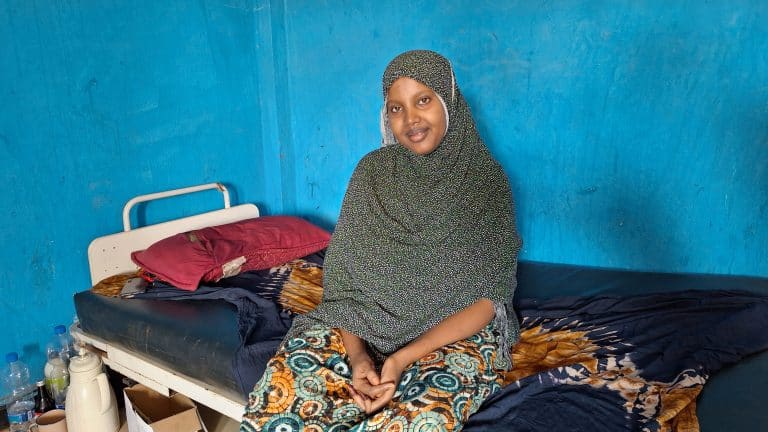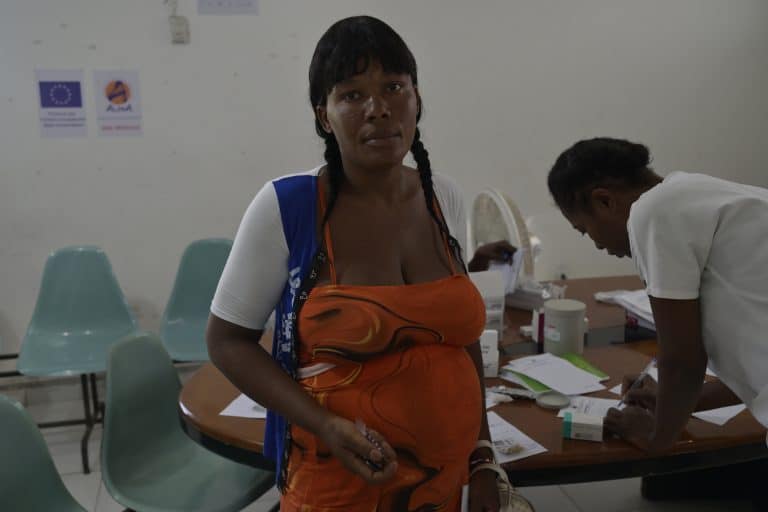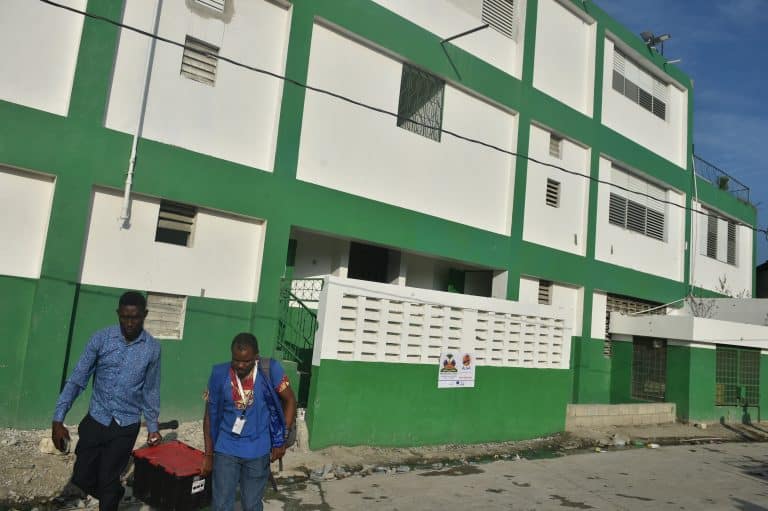Lack of access to medical oxygen in Africa is a chronic problem with serious consequences Decades of underinvestment in the prevention, diagnosis, and treatment of respiratory diseases have left many health systems lacking equipment, oxygen, and trained personnel. Even before the pandemic, most middle- and low-income countries had only half of their oxygen needs met. To address this situation, which has been severely exacerbated by COVID-19, ALIMA, with the support of Unitaid, is effectively building the capacity of hospitals over the long term and ensuring quality care for patients.
In the first phase, lasting 9 months from April to December 2020, 90 health centers and 9 hospitals set up triage systems enabling 4,316 cases of COVID-19 to be confirmed and 458 severe cases to be treated. These facilities also received protective materials and medical equipment (pulse oximeters and oxygen concentrators). In addition, over 1,500 health workers were trained in infection prevention and control.
See our campaign OXYGEN FOR AFRICA
A targeted and sustainable intervention
Although necessary, the first phase was not enough as the need for oxygen increased over the months. In response to growing medical needs, ALIMA received new support from Unitaid in June 2021 to improve access to oxygen in six hospitals across five countries (Cameroon, Central African Republic, Mali, Niger and Nigeria).
To improve oxygen availability, ALIMA focuses on four essential areas of intervention: rehabilitating and securing electrical systems, training technicians in the preventive and remedial maintenance of these systems, and training health workers in the proper use of oxygen, as well as the rigorous application of infection prevention and control. With this strategy, ALIMA hopes to provide a lasting solution to a major problem.
Allocating resources efficiently
“The COVID-19 health crisis revealed the impact that medical equipment management can have on the prognosis of our sickest patients,” said Julien Mutanganwa, ALIMA Biomedical Lead. “It is imperative to know the operating status of oxygen equipment and their use and maintenance protocols. This is how we can tailor our support to real needs, such as rehabilitating an electrical system or building staff capacity through training. This way, we will be able to ensure that the available and allocated resources are used efficiently.”
In the perspective that the health authorities reinforce and perpetuate these investments in all hospitals in their country, ALIMA insists on the need to ensure an efficient and sustainable maintenance system for medical equipment and oxygen sources.
“Good management of medical equipment helps avoid diagnostic errors and ensures that patients have access to quality care at all times,” said Boukar Mamane, Nurse Supervisor at Dakoro Hospital in Niger. Indeed, respiratory equipment is a priority for saving lives; the COVID-19 crisis makes it an absolute necessity.
Developing innovative solutions
In the coming years, ALIMA plans to develop adapted and innovative solutions to this problem, including a strategy for decentralizing access to oxygen. Through a pilot project, ALIMA is looking to multiply the sources of medical oxygen in the region via the implementation of mobile oxygen cylinder-filling devices to help transport patients in adequate conditions. This will give countries the ability to better anticipate crisis situations such as COVID-19 and many others.
Cover Photo:©Julien Matanganwa/ALIMA





